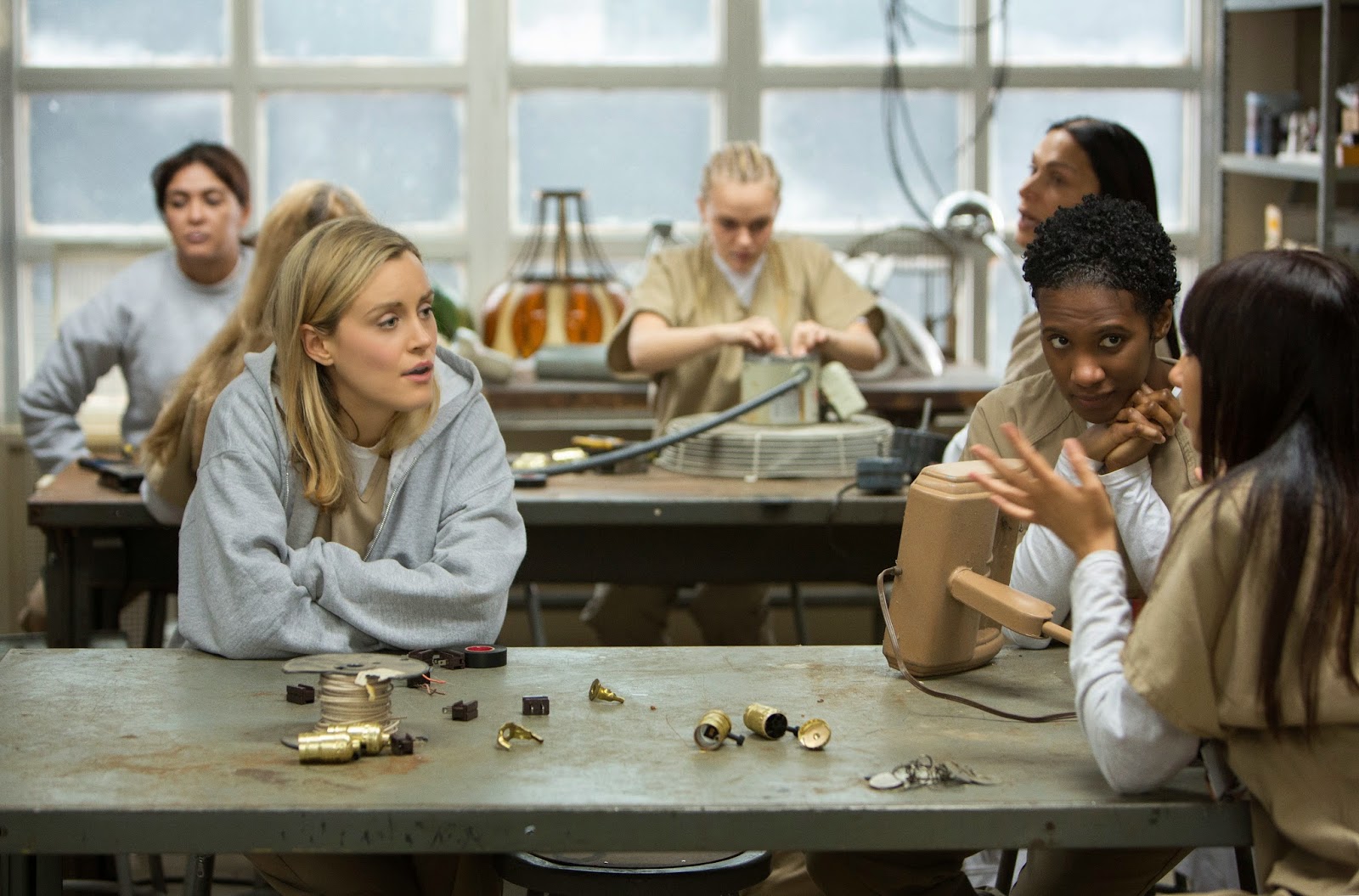At work, the students in a language arts class had to write "autobiographical alphabet poems," coming up with 26 words to describe themselves arranged in alphabetical order. Incurable nerd that I am, I had to do it as well. Here's what I came up with - I had fun playing around with a different style, that highly-rhyming, stream-of-consciousness list poem stuff.
* * *
A to Z
I’ll
try not to stress or obsess
As I
stand before you and confessThe portrait of the poet
As a young mess.
I’ve taken the time to compose myself
In unschemed rhyme,
And though I’m far from fully actualized,
I’m alphabetically summarized.
You may
not believe or conceive,
But I
wear my ACE of heartsOn my sleeve.
I’m a voracious BOOKWORM
With unconfirmed ambitions,
A CYNICAL DREAMER
With oxymoronic
Self-definitions.
I walk other people’s miles
In EMPATHETIC shoes,
And I refuse to choose
Between literary FREAK
And sci-fi GEEK,
Because either way you lean,
There’s too much to lose.
I’ll gladly
share for those unaware
That my
quick-fingered HANDSCan paint language in the air.
I’m INTROVERTED
But not disconcerted –
A bit of alone time,
And crisis averted.
A sardonic JESTER
Now and again,
And nine times out of ten
A KEEPER of others’ woes;
I guess I have one of those faces
That tends to indicate
Open ears to LISTEN
And open hearts to relate.
When I
can’t sleep,
I sink
deepInto a bed of MELODY,
Taking a dose of strong music
As a natural remedy.
When I can’t think
And I’m a chronic NEUROTIC,
I pull back from the brink
By braiding my OTHERNESS
Into ribbons of slick,
Self-spun, black ink.
I can be ironic sometimes,
At others, laconic,
And I’m a solo-flyer
'Cause I’m strictly PLATONIC.
I’m a
QUESTION-ASKER,
A
RIDDLE-UNMASKERAnd I multitask
With stunning mediocrity.
Come flock to me,
And I’ll sing you a story
Of a procrastinating,
SELF-BERATING being
Of untested steel
Who’s fond of self-doubt
With a nice takeout meal.
I’m a THINKER of far-flung thoughts,
A weaver of plots
In an overstressed head
With the unspoken wants
Of my own private haunts.
I’m a
work in progress,
UNFINISHED,And yet undiminished –
I’m just one half-written poem
In the tome of my life,
And I’m rife with the potential
Of a 400-pager.
Some days,
I’m VARIATIONS on myself
In E major.
At my best, I see even more;
When my soul starts to outpour
And I open the door
On a WOULD-BE WORD WARRIOR.
What
else is there to be?
I
wonder, I roam,I keep the Sabbath at home,
And I’m a XX chromosome.
In the morning light,
I think I’m all right,
Though I know I could do better.
I’m built from all my YESTERDAYS
While my tomorrows
Draft next-phase blueprints
In invisible letters.
I’m too ZEALOUS perhaps,
But when you live without maps
And come to a lapse,
You have to find something
To fill in the gaps.
Now
that you’ve heard my ABCs,
Please
do me a favorAnd don’t put too much stock in it –
Give it a minute or two,
And I’ll rewrite myself anew.

















